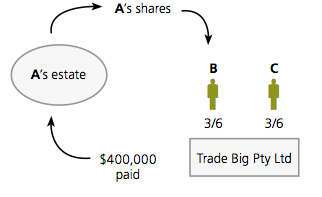Today's post looks at the creation of a life interest in a residential property under a will.
Traditionally, life estates were created where a will maker wanted to allow a particular beneficiary the right to reside in a property without gifting them it directly.
For a myriad of reasons, the creation of a life interest is rarely appropriate as part of a modern day estate plan, and we generally see the use of either a specially crafted testamentary trust, or alternatively, a right to occupy as the appropriate approaches to use.
Some of the reasons that life estates are no longer of particular use include:
- A traditional life estate is very inflexible, particularly if the life tenant no longer wishes to reside in the property.
- Some of the reasons that the original property may no longer be appropriate include its size, geographic location or because of the level of care required for the individual (for example, they need to move to a nursing home).
- Often, will makers look to craft the life estate so that it ends on the life tenant entering into a new spousal relationship – the courts have been clear that such a restriction is likely to be struck down as void.
- There are a number of inflexibilities in relation to the way in which the life tenant and remainderman can interrelate – ultimately, it is often very difficult to end the arrangements other than on the death of the life tenant.
- There are significant adverse revenue consequences, both from a tax and stamp duty perspective, that can arise in relation to life estates. These difficulties are particularly detrimental if there is a desire to end the life estate before the death of the life tenant.





